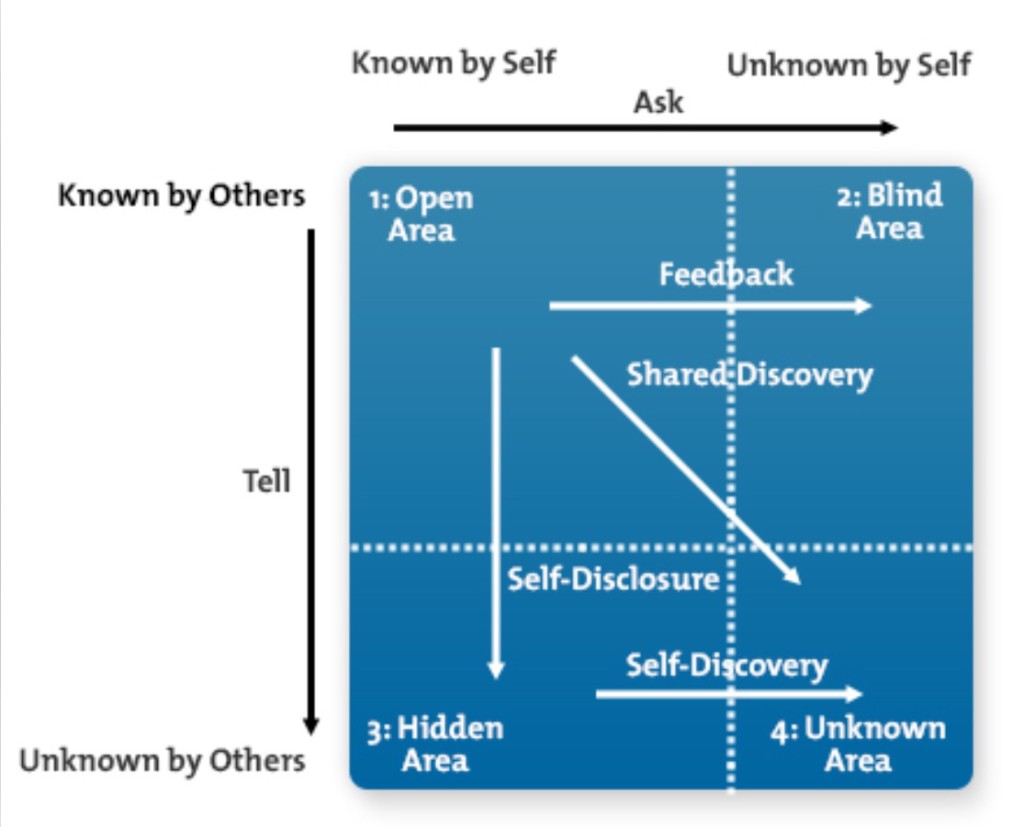Have you been at social gatherings, networking meetings, or at a friend’s house and an abrupt comment was made on you by someone whom you are meeting for the first time or by someone who barely knows you? Have you wondered why did the person say it? Was it because they felt like saying it or wanted to be part of a conversation or was it something else?
Who are we to pass judgments and inappropriate comments on anybody, especially, when we don’t know the other person or what they have gone through in life?
A friend of mine recently shared with me her unpleasant experience of being at the receiving end of an inappropriate comment. I resonated with that because, I recently heard a comment on my energy levels from a woman whom I barely knew.
Is it about showing that you are in the know, and have a right to pass any comment you choose to?
Is it about believing you are giving feedback?
Or is it about believing that you are “authentic”?
Authenticity is one of the most talked about and wanted traits in people, no matter what role they play. The growing dissatisfaction of people not walking their talk and the prevalence of airbrushed leadership and armchair advisors within organizations has created a vacuum and thus the need for authenticity.
However, genuineness is not about being rude or inappropriate in the way you behave. Authenticity is a trait that is defined by what others see in you, what you do, what you say and who you are.
I heard a remark the other day, that “if I am authentic, I can say what I want because if I hide my real feelings then I am not being authentic.” Absolutely not! Authenticity is not about saying or doing or expressing your emotions in any manner you feel like.
It is about who do you like to be in front of others and what connects with that inner self of yours. You have to be attuned to the environment, be sensitive to cultures and in all that not lose your core self or identity.
Putting somebody down or showing your uncontrolled emotions especially the negative emotions is not how you can be genuine or authentic. In fact when you get into leadership roles within organizations, being blunt, rude and displaying an uncontrolled expression of your inner self is not going to be perceived well.
Authenticity has to be earned. How does one become authentic?
1. Manage the Perception
Consistency and walking your walk and talk is an essential part of establishing your authenticity. You need to live this in every moment of your life.
It is also about how you connect to others and relate to others. You have to adapt to the various situations and in all that be genuine and not put an act.
How are you being perceived by others in what you say, how you say, what you do and who you are?
Be true to yourself.
2. Become genuinely interested in other people.
This is one of Dale Carnegie’s Human Relations Principle which forms the core of Strengthening Relations and Influencing people.
The interest you show in others is not artificial and a show but needs to be genuine with the intention of connecting with others. We live life once, make an effort to connect from your heart with others and without any hidden agenda.
3. Self -Awareness
Change is part of our lives and thus we need to adapt to situations. In the repertoire of roles that you play, adaptability is key. How well do you know yourself and know others? How well do you know yourself and others know about you?
The Johari Window is a great tool to help you better understand your relationship with yourself and others.
In every challenge that you face in life, how much are you willing to step out of your comfort zone ? What can you learn from the experiences that you have outside of your comfort zone ? How are you going to apply that in your self-awareness and self-disclosure?
4. Be Positive and Focus On The Positives
Through your transitions, adversities and challenges in life, what are you doing and being? Are you adopting a forward-thinking mentality and not being a person who complaints, criticizes, and condemns.
Do you take every action from the quick judgments you make on people? Being an optimistic realist will help you connect with people better. Respect other people’s space and their choices. You don’t have to impose your opinion on others or pass judgments on their lives.
If you are asked feedback or you are in a relationship where you can give feedback, let it be constructive and with evidence. Let it not be an opinionated sermon.
5. Believe-In and Adopt Diversity
Your personal views and opinions can never be that of another. If you have a difference of opinion with someone, disagree with respect. Let your disagreement be based on facts and evidence. Be a good listener and don’t dominate every conversation. Ask questions instead of giving orders. Adopt diversity in your thoughts, whom you have in your group because that is where growth and development takes place.
Authenticity is about understanding yourself and others to build an influential relationship.
For one-on-one coaching, speaking, group coaching, facilitation, please connect with me.



Leave a Reply